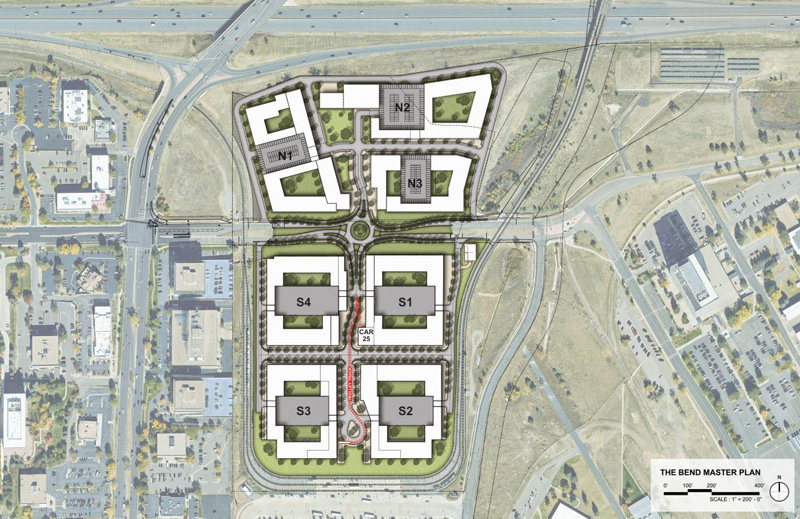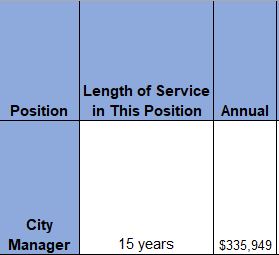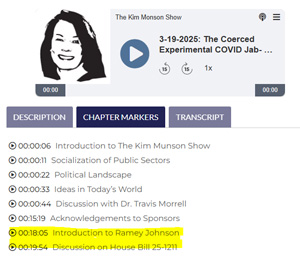Lakewood residents reach out for a government solution to homeless encampments, as written about on kdvr.com by Alliyah Sims. Lakewood says encampments like these are the reason to open more shelters and offer more resources. But not everyone takes the resources offered.
The problem, as noted in the article, is that these encampments (not all) are located in an area that caters to homeless. Lakewood’s Navigation Center is half a mile away, the Action Center less than a mile away, outpatient services near this encampment at 14th and Vance, and others close by.
But what if the unhoused do not want the resources provided? Governments can force taxpayers to provide resources but they can’t force people to utilize them as intended. Lakewood police say help has been offered but not often accepted.
As the author of San Fransicko wrote, ““Homeless is a propaganda word” because it also describes the open-drug scene. Because when you say homeless you think it’s a housing problem and people who only have housing problems are the easiest populations to help. The overwhelming problem with the homeless is street addiction and untreated mental health crises.” – Michael Shellenberger
Cities like San Francisco and Denver have been experimenting with government solutions but the only continuing metric of success is the amount of people served and money spent. The increasing number of homeless in these cities is disregarded as irrelevant.
From kdvr.com:
“Neighbors living in Lakewood are calling for the city to come up with a permanent solution to homeless encampments popping up in their neighborhoods.
“They say the sites near 14th Avenue and Vance Street have been a problem within the last year, but they have seen it grow with the recent cleanup at the 6th Avenue and Wadsworth Boulevard interchange that happened last week.‘Long time coming’: Lakewood homeless encampment cleared
“Lakewood police say while they are aware of the camp, they can not confirm if it’s the same people from the 6th and Wadsworth clean-up.
“They say they offered help to everyone living there, but a lot of times it’s just not accepted, creating an endless cycle.
“I’ve been at this location for almost 10 years now, and we love the work we do and love helping others,” said Marie Archambault.”




